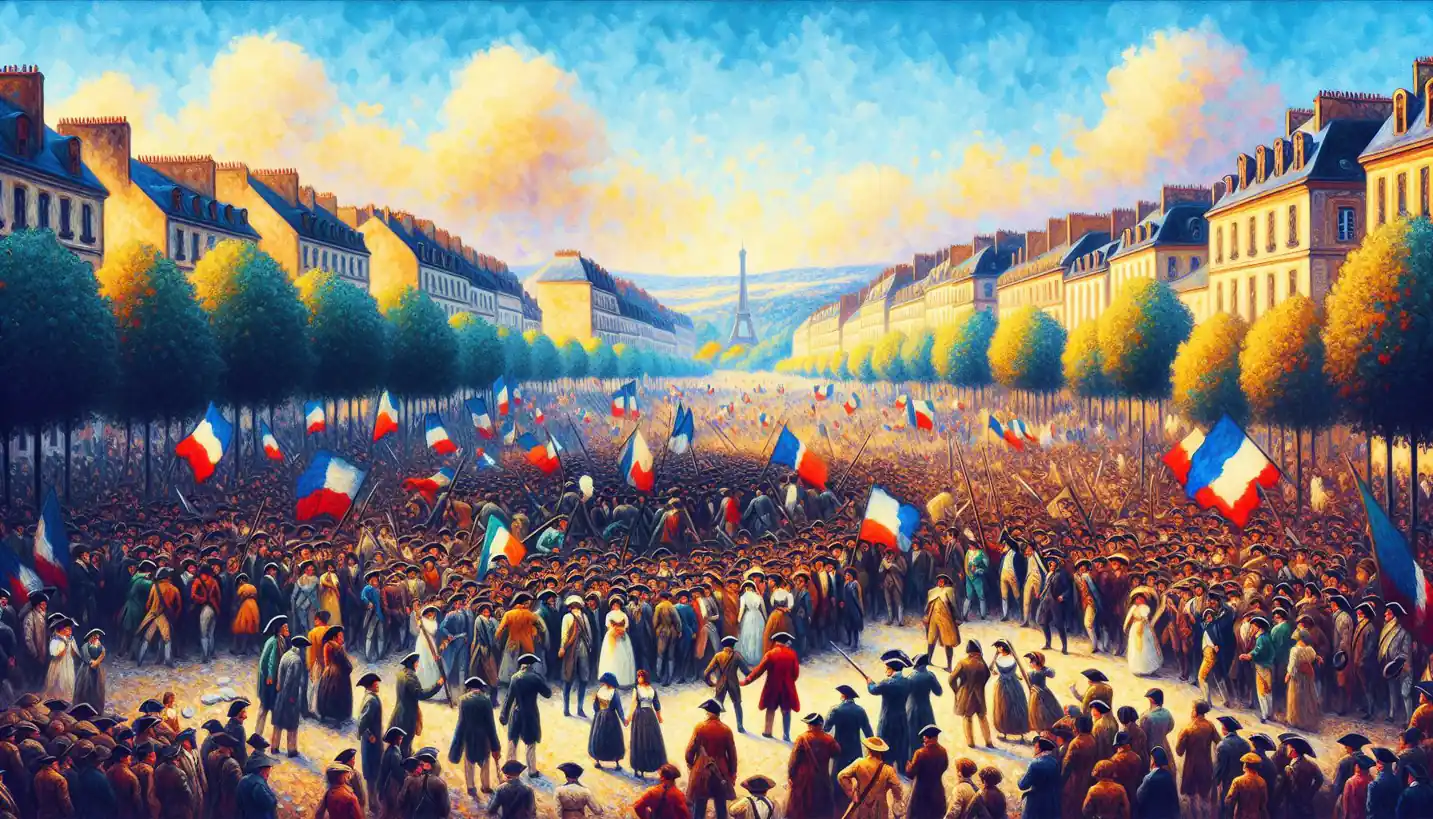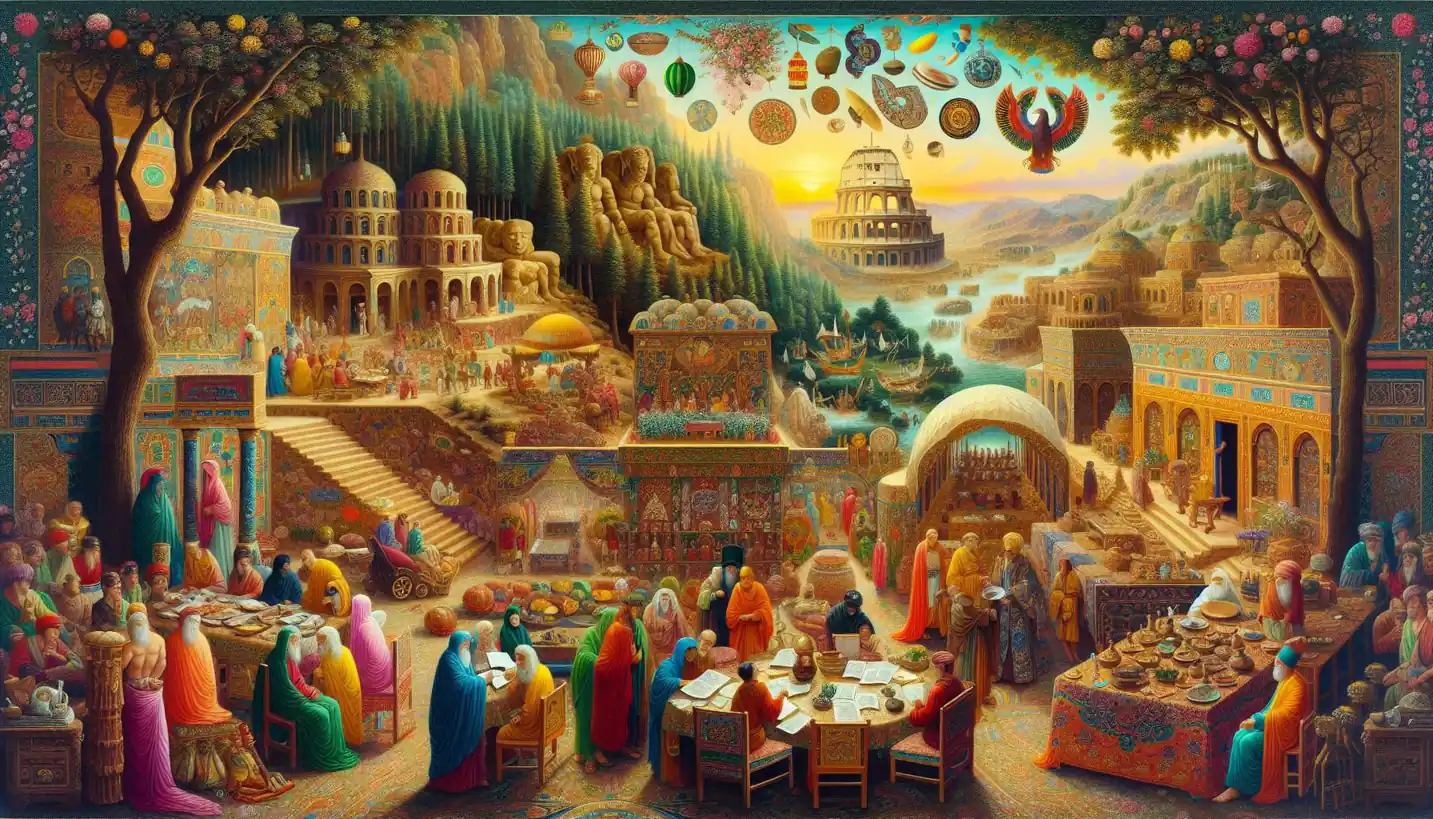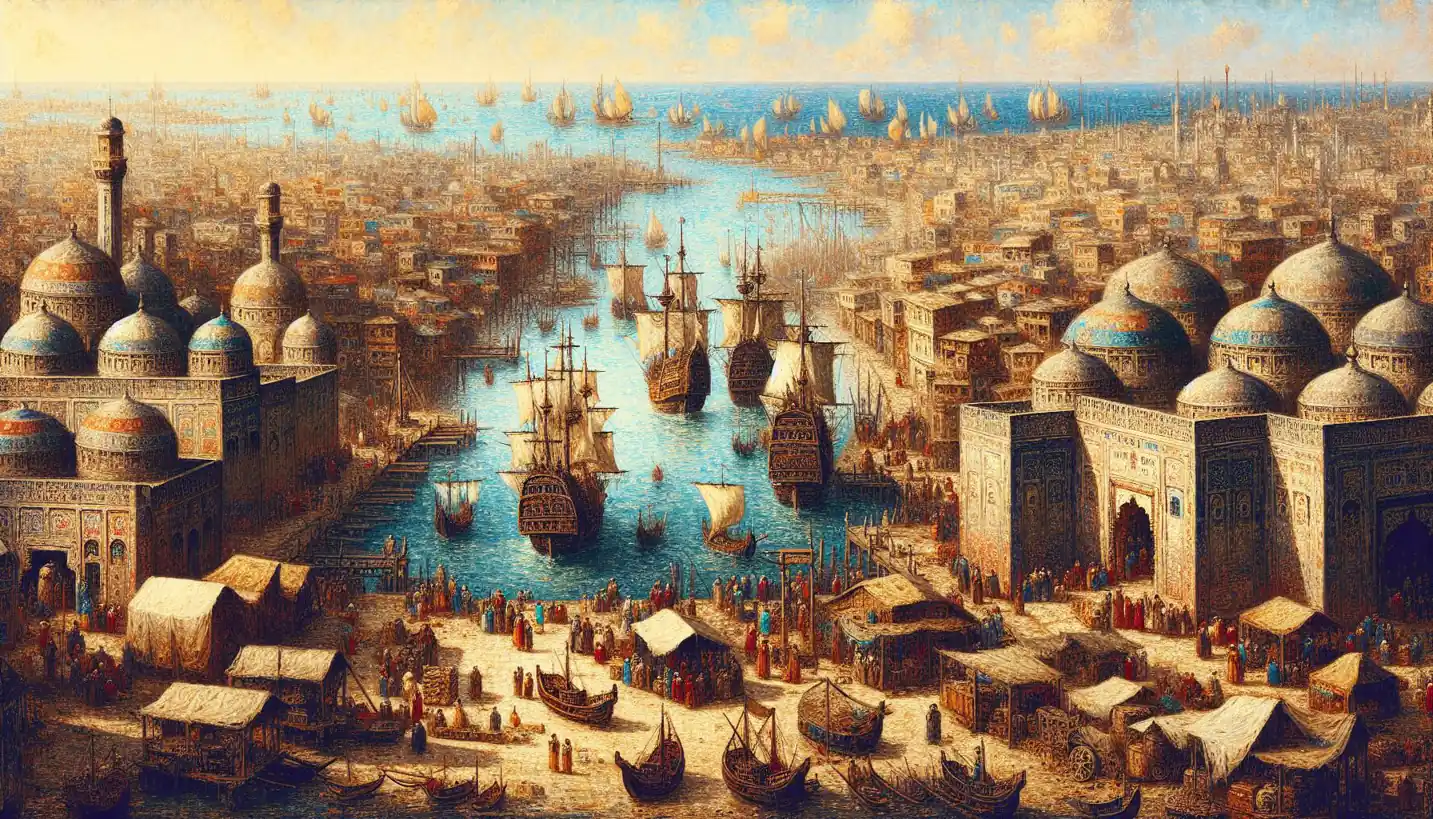· History · 4 min read
Interviewee Insights: Diving into the Heart of Oral History
Diving into an interviewee's insights reveals the rich texture of oral history. Discover how personal stories shape our understanding of the past.

In the world of oral history, the interviewee plays a pivotal role. Imagine trying to piece together a giant puzzle of the past without half of the pieces—this is how it would be without the voices and memories of those who lived through history. Let’s explore how these interviewees help us understand our collective history.
The Essence of Oral History
Oral history is like sitting with your grandparent and listening to them recount tales of their youth. It’s all about capturing living memories—stories that aren’t just about facts or dates, but about emotions, perspectives, and the small details that textbooks might miss. The interviewee is the storyteller, the guardian of these precious narratives.
Who is the Interviewee?
When we talk about interviewees in oral history, we mean anyone who has a story to share about their experiences from the past. This could be a veteran recounting their experiences from the war, a civil rights activist recalling protests, or even an ordinary person talking about daily life in a bygone era. Each of these voices adds richness and depth to our understanding of history.
The Importance of Their Stories
You might wonder why these personal stories matter so much. Well, think of history as a broad painting. Textbooks give us the outlines, but oral history fills in the colors. It provides context and depth, showing us how historical events affected real people and giving voice to those who might not be represented in traditional historical records.
Emotions and Perspectives
Oral history captures the human element. It’s not just about what happened, but how people felt about it. An interviewee might share the joy they felt at a momentous event or the fear during a difficult time. These emotions help us connect with history on a personal level, making it more relatable and vivid.
The Process of Interviewing
The role of the interviewer is to guide the conversation, creating a comfortable space for the interviewee to share their story. It’s like being an archaeologist of words, gently digging to uncover the treasures of memory without influencing or altering the narrative.
Building Trust
Building trust is crucial. Often, interviewees are sharing intimate or difficult memories. Creating a respectful and understanding environment allows them to open up and provide richer stories.
Challenges and Considerations
There are challenges too. Memories can be fragile and subjective; two people might remember the same event differently. It’s important for interviewers to cross-reference and compare various accounts to assemble a more comprehensive picture.
Ethical Concerns
Ethics play a big part in oral history. Respecting the interviewee’s story, ensuring they have consented to share it, and representing it accurately and sensitively are all vital. The interviewee’s voice should always remain authentic and unaltered.
The Future of Oral History
Oral history is evolving with technology. In the past, historians relied on handwritten notes and analog recordings. Today, digital technology allows for high-quality audio and video recordings, preserving the voices and expressions of interviewees for future generations. This means that more people can listen to, watch, and learn from these stories, enhancing our understanding of history even further.
Digital Platforms
Platforms like podcasts and online archives have made oral histories more accessible. They allow these stories to reach a global audience, ensuring that the voices of interviewees are heard far and wide.
Why It Matters Today
Oral history is more than just storytelling. It’s about preserving perspectives and ensuring that diverse voices contribute to the historical narrative. In a rapidly changing world, these stories help us understand how we got here, inform our decisions, and remind us of our shared humanity.
By listening to the interviewees of oral history, we not only learn about the past but also gain insights that can guide our present and future. Their memories, emotions, and experiences are invaluable treasures that breathe life into the study of history, making it rich, vibrant, and deeply human.


